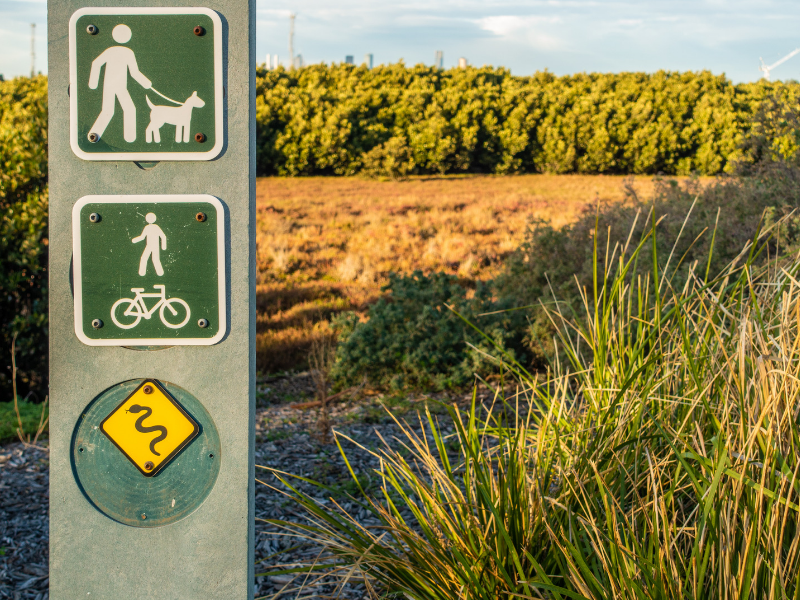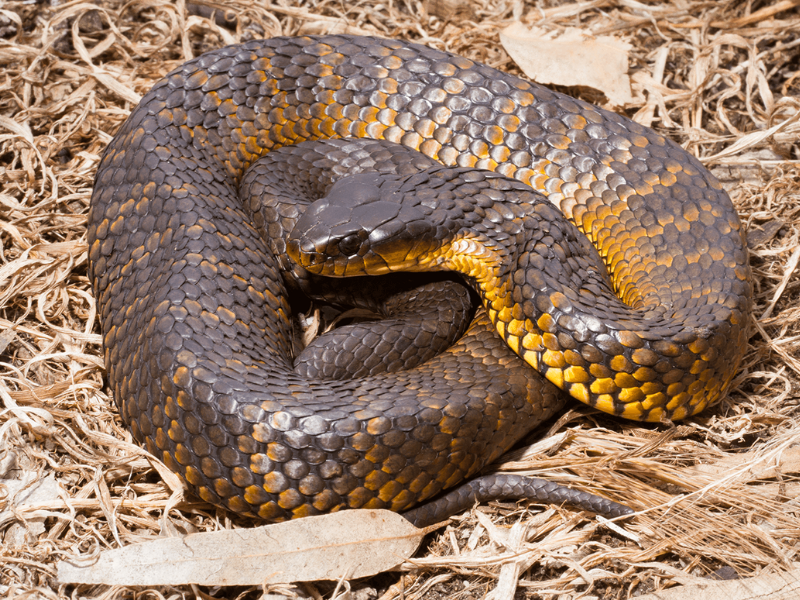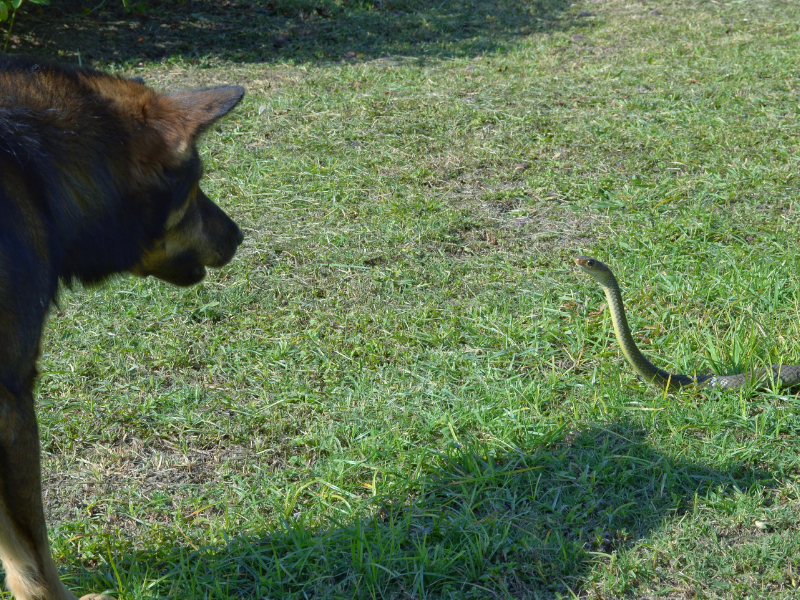Guest post by Sasha Nefedova from PETstock Vet
It’s a scary thought: “what would happen if my dog or cat was bitten by a snake?” This is an important question with the weather warming up as more snakes will be on the move.
Coming into warmer weather pet owners should be aware of these important facts:
- Snake bites in early Spring are often the deadliest as snakes have been hibernating and have a large supply of venom
- Snakes like to hibernate and feed near creeks and rivers. Given the deadly nature of Australian snakes we recommend to not let your dog off leash around these areas on days where temperatures reach above 20C – especially if your local Council puts out warnings about snakes in your area.

Sasha Nefedova from PETstock Vet says if you think your dog or cat has been bitten by a snake, immediately take them to the vet hospital.
“It’s important to remain as calm as you can and try to keep your pet as still as possible. Remember to call ahead to let the vet know that you’re on your way. Do not waste time looking for the bite site, as it often cannot be found.“

According to Dr. Sasha, symptoms can appear to be mild or quite severe depending on a few factors. “Cats are more agile compared to dogs and will often sustain smaller bites and therefore their symptoms may be more drawn out and less dramatic. The most common signs that your pet has been bitten include weakness, difficulty walking, difficulty breathing, vomiting and collapse.”
“Occasionally owners only notice there is a problem hours or days after the bite has happened. Sometimes dogs bitten by a snake can vomit, collapse and then seem perfectly normal – in cases like this you must bring them into your vet immediately as they still require antivenom and their situation can become fatal without veterinary treatment.”

After arriving at the vets, The vet will assess your pet, conduct a physical examination and start treatment immediately. Treatment may include hospitalisation, intravenous fluids and antivenom (often more than one vial). There are different types of antivenom for different snakes so make sure you tell the vet if you happened to have seen a snake nearby.
Your pet will need careful monitoring and intensive care. Most pets will survive if treatment is started in time, so although the antivenom and intensive care may be expensive, it is definitely worth the investment as many pets will make a full recovery.
Before going on holiday it is recommended that you put the phone number of the local vet in your phone. Call 13 PETS (7387) for your local PETstock VET location.

You may also be interested in a downloadable Pet Packing List we’ve created to help with your preparations, so that you don’t forget anything important. DOWNLOAD YOUR PACKING LIST HERE
Also, check out our blog about Snake Awareness for some tips on how to avoid a snakebite.
We would love to hear your feedback or experiences. Comment below and share.


